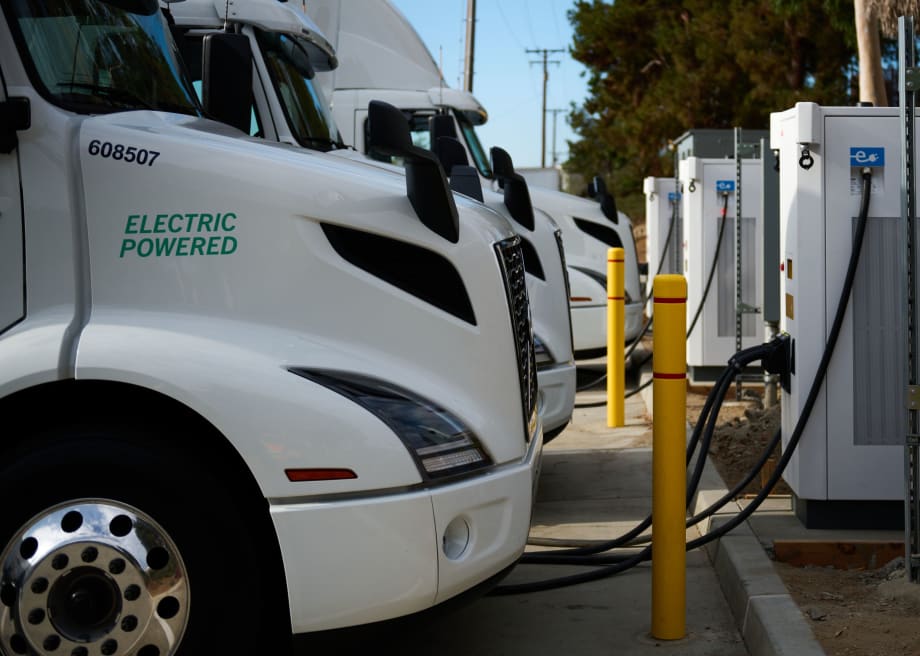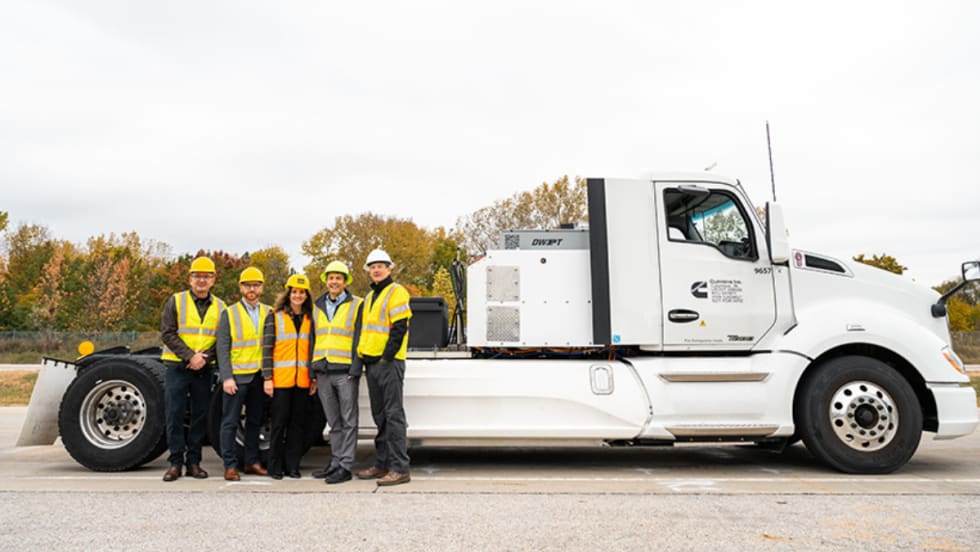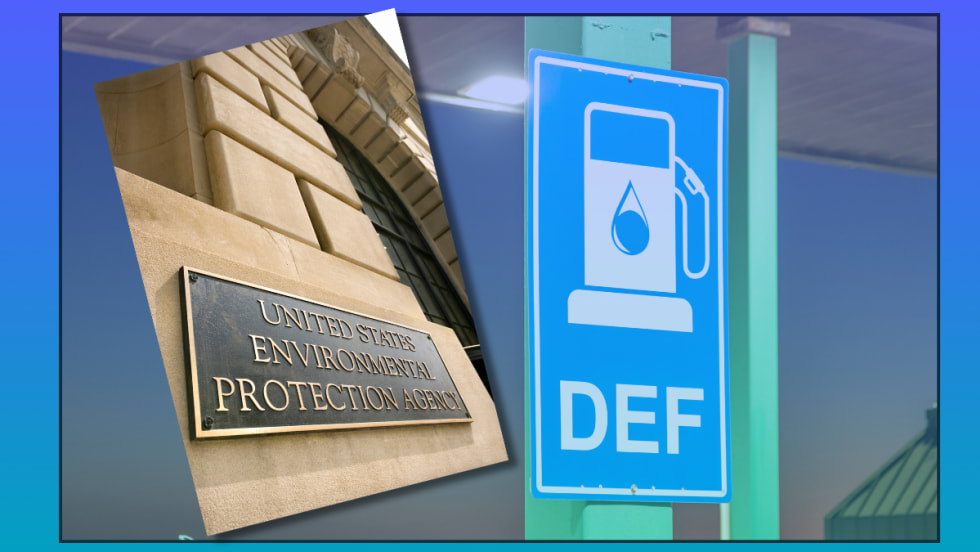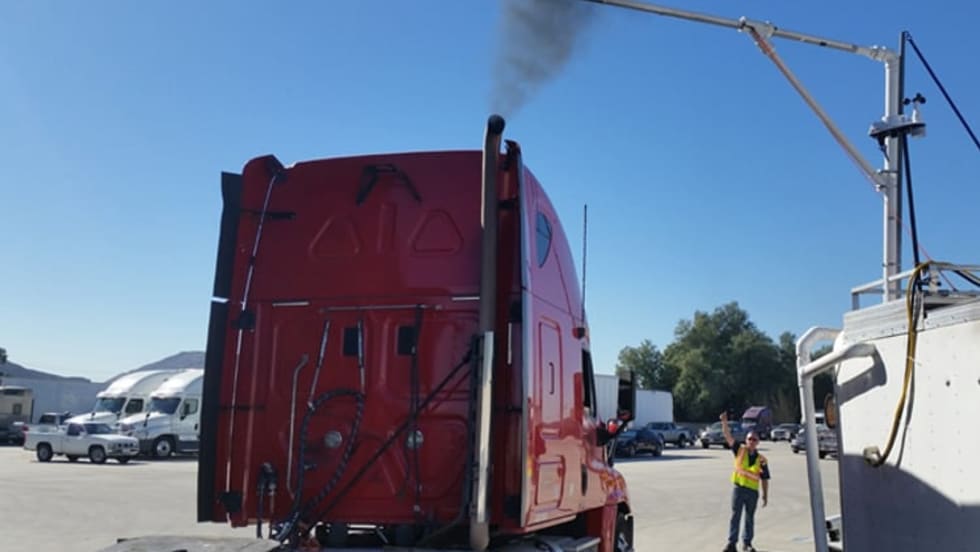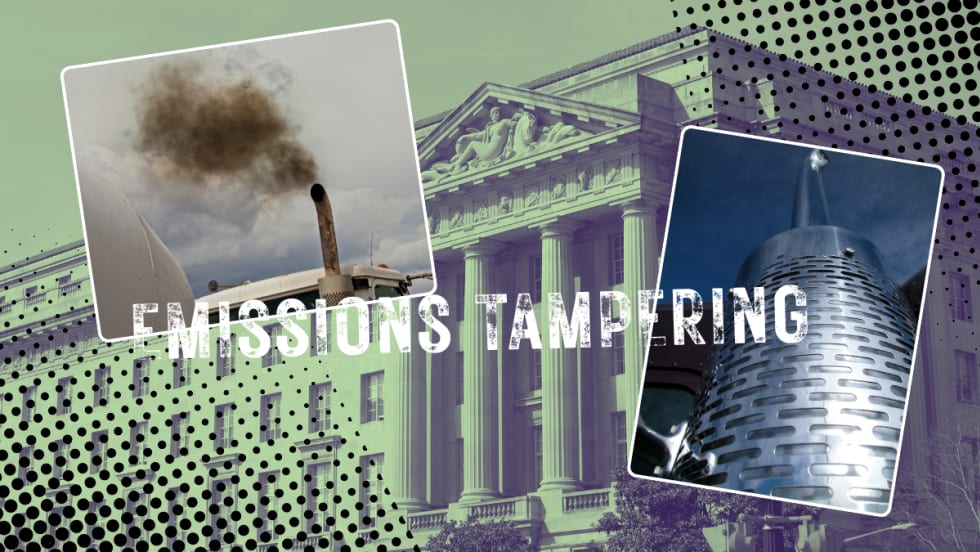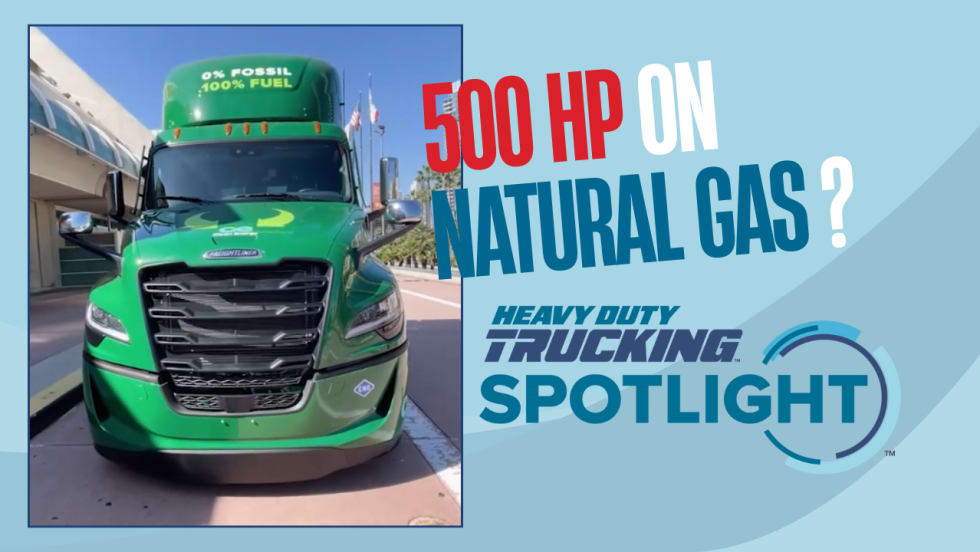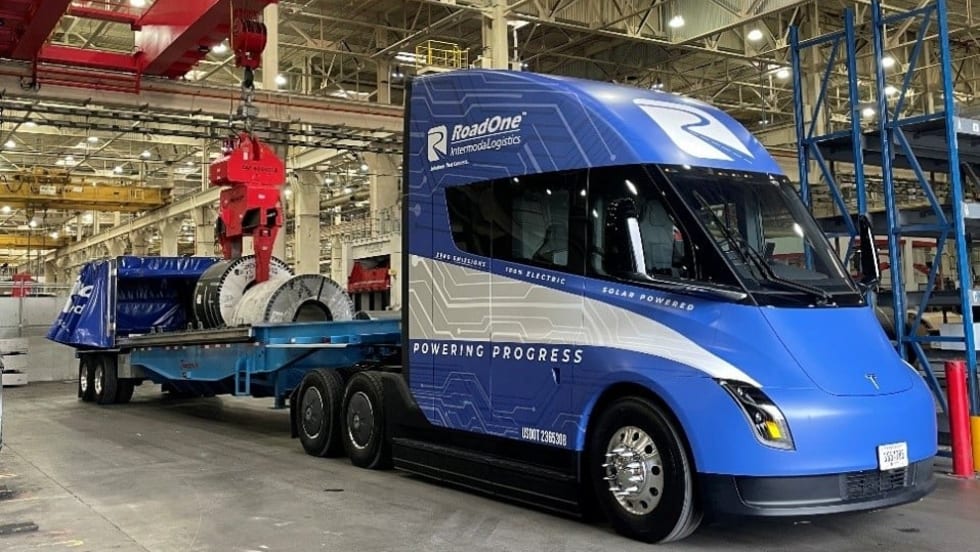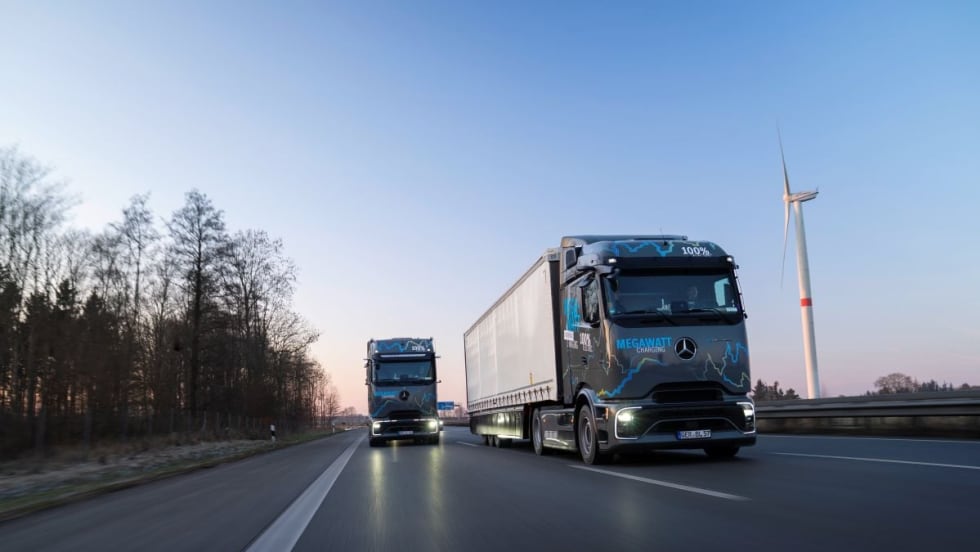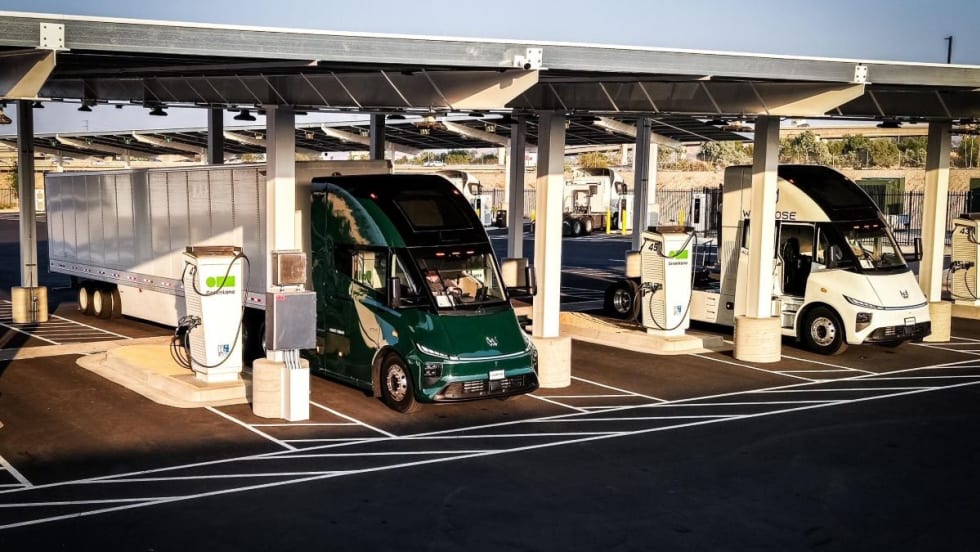The California Trucking Association is challenging California’s Advanced Clean Fleets zero-emissions trucks mandate in court.
The Advanced Clean Fleets regulation would require motor carriers operating in the state to transition their trucks to zero-emission vehicles — some as soon as Jan. 1. The state’s goal is to have fleets operating in the state be 100% electric by 2035, 2040 or 2045, depending on size and type of truck. And that doesn’t apply only to fleets domiciled in California.
The regulation was approved only in late April, following waivers issued by the federal Environmental Protection Agency in March that were required in order for the California Air Resources Board to move forward with the rule.
CTA's lawsuit seeks a preliminary and permanent injunction barring the California Air Resources Board from implementing or enforcing the regulation.
“CARB’s efforts are in service to the laudable goal of decreasing emissions from commercial vehicles, but represent a vast overreach that threatens the security and predictability of the nation’s goods movement industry,” said CTA in its lawsuit.
CTA: Federal Laws Pre-Empt Advanced Clean Fleets Rules
The association said in its suit, filed Oct. 16 with the U.S. District Court for the Eastern District of California, that the ACF conflicts with the Federal Clean Air Act and the Federal Aviation Administration Authorization Act of 1994.
“Congress has expressly preempted state and local rules that ‘relate to’ the control of emissions from new motor vehicles and state and local rules that ‘relate to’ a price, route, or service of any motor carrier,” CTA said.
The Advanced Clean Fleets rule includes:
Regulations designed to phase in zero-emission vehicles to fleets for state and local governments.
Regulations designed to phase in zero-emission vehicles for high-priority fleets (including fleets with 50 or more trucks or with annual revenue of $50 million or more)
Regulations designed to phase them in for drayage fleets.
A 100% zero-emission vehicle sales mandate effective in 2036.
“Because the ACF regulation is aimed at transforming not only the vehicles sold within California’s borders, but virtually any vehicle that enters those borders, CARB has disregarded what the United States Supreme Court has declared to be Congress’s carefully calibrated regulatory scheme,” the lawsuit said.
American Trucking Associations President and CEO Chris Spear on Oct. 16, in his state of the industry speech at ATA's annual management conference, said ATA "stands alongside the California Trucking Association as they file suit against the California Air Resources Board,” calling CARB “an unelected, ill-informed band of extremists who have no clue the impact their [zero-emission truck] timelines and targets will have on our economy."
Even sustainability-minded fleets that have been trying to get ahead of the regulations have had problems with battery-electric trucks on back order and charging infrastructure installation delays.




